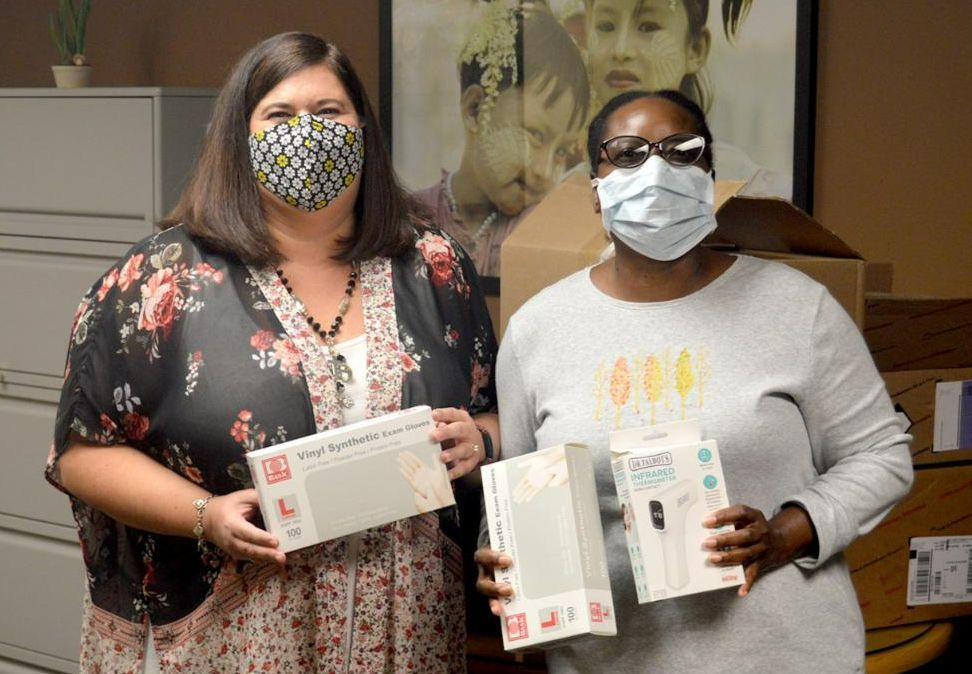Meet the Board: Lora Overton, M.D.

Q: What is your name, occupation and how long have you volunteered to serve on the St. Joe Foundation Board?
My name is Lora Overton and I have served on the Board for about two years. I was a practicing OB/GYN until 2019 (Fort Wayne from 1995-2019) then progressed into full-time teaching.

Q: What inspires you about the Poor Handmaids of Jesus Christ and their Foundress Saint Katharina? Are there particular values or works that you find especially important?
The Sisters/Board are always thinking about the least of us. The poor, the disenfranchised, the orphan, the widow, the poor in spirit (depressed and mentally ill) and how to serve them with the compassion of Christ. I have a heart for women and children, which is why the Poor Handmaids/Saint Katharina speak to me.
Q: Please share a memorable interaction you have had with a grantee and their staff/clients.
There are two that stand out. The first is Super Shot – they stepped up to the plate over the last two years and made a concerted effort to reach the less fortunate with their services. The second would be A Hope Center – the St. Joe Foundation stepped up to help fund STD testing for pregnant women in an effort to decrease the preterm pregnancy rate in Allen County/Fort Wayne.
Q: What do you enjoy most about serving on the St. Joe Foundation Board?
The genuine care and compassion each member brings to the table and the opportunity to help the community through the Sisters/Board.
Q: Tell us about an accomplishment in your professional or personal life that you are proud of.
That’s a hard question. I think what I can say is what has given me joy is to bring new life into the world and the ability to pass on, through teaching, what I know.
Recent Stories
- Supporting sustainability in local food networks to improve access to nutritious food
- Helping non-English speakers find their voice
- Listening to the needs of our community
- Catholic Sisters visit Fort Wayne and revisit a history of service
- $170,600 grant supports resilience and accessibility in the local food system
